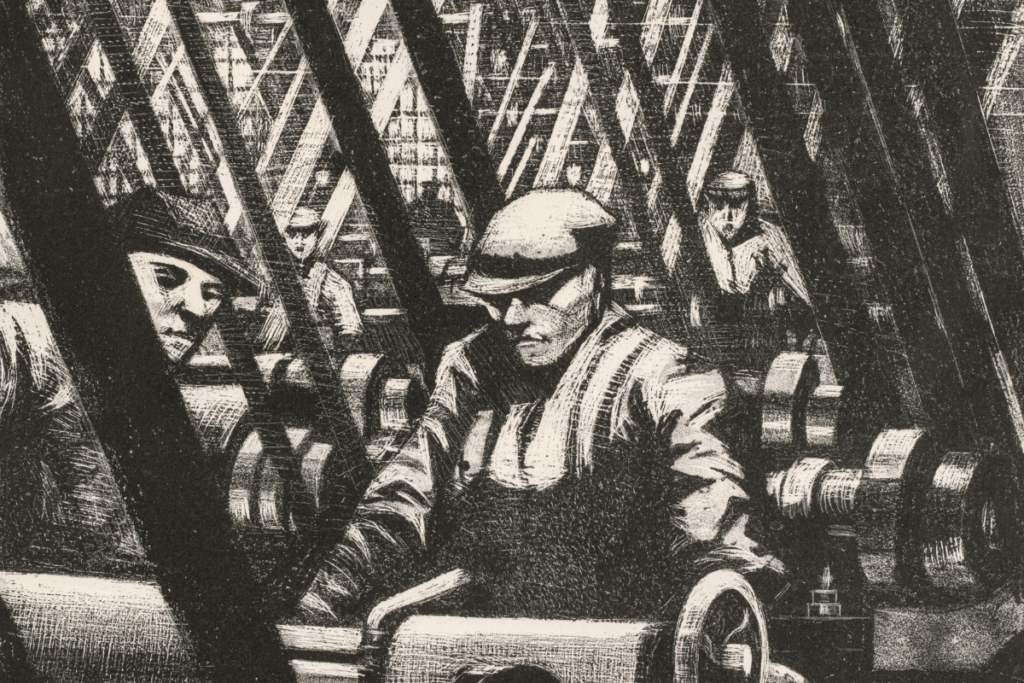The U.S. labor market continues to leave us searching for superlatives. Simply put: it’s on a tear, adding 517,000 net new jobs in January and the unemployment rate falling to 3.4%, the lowest since May 1969, before the Apollo moon landing. The near-perfect report featured everything we and the Fed wanted to see: cooling wage growth, a return of job seekers, and impressive industry gains.
One wonky caveat to these stellar numbers: the Bureau of Labor Statistics made lots of methodological changes, and combined with seasonal factors that happen every January, our interpretations should be cautious.
Wage growth on “soft landing” path:
The Fed has been closely watching wage growth, with concern that historically strong nominal gains would spillover to inflation. Considering the inflationary dynamics, this is perhaps the most important data in this morning’s report. And it was certainly encouraging: Average hourly earnings for private-sector non-managers cooled to 4.4% over the three months through January 2023. While this is higher than the Fed would like to see, the trajectory is encouraging, especially on the heels of a positive ECI release earlier this week. Slowing wage growth is a good thing.
Job seekers are returning:
In addition to cooling wages, the Fed is keen to see the labor market achieve a better balance of supply and demand (as right now demand far outstrips supply). This morning’s report was also positive on this front: The prime-age labor force participation rate rose to 82.7%, just short of the February 2020 level of 83.0%. So, while COVID is no doubt keeping many workers out of the labor force, the strong job market is offsetting that drag and pulling more job seekers off the sidelines.
Job gains, frankly, breathtaking:
Led by leisure and hospitality (+128,000) and healthcare (+58,200), most industries posted impressive payroll employment increases in January. Other industries that showed signs of slowing towards the end of last year, like professional and business services (+82,000), rebounded strongly. Construction continues to evade the negative pressure from housing market troubles, adding 25,000 jobs in January. One negative? Information lost 5,000 jobs – perhaps the tech layoffs have finally left their mark in the official data. This report should certainly quell recessionary fears, white-collar or not.
What does this mean for recruiters?
This impressive report points to a strong job market. Earlier this week, the latest job openings and labor turnover survey reported that job openings reached 11 million in December. So, recruiters might not be feeling the cooling that they long for – but the increase in labor force participation tells us that job seekers continue to flock back to the tight market, perhaps sensing the opportunities. Supply and demand is still very unbalanced, but this slight return of job seekers is a definite upside.
Though this report may be a bit strong for the Fed’s liking, the wage growth moderation will definitely go down smoothly. The Fed’s reaction to inflation dynamics will determine the future of the labor market, as we’ve mentioned before. If the Fed is encouraged, tight monetary policy may fade away quicker than expected.








